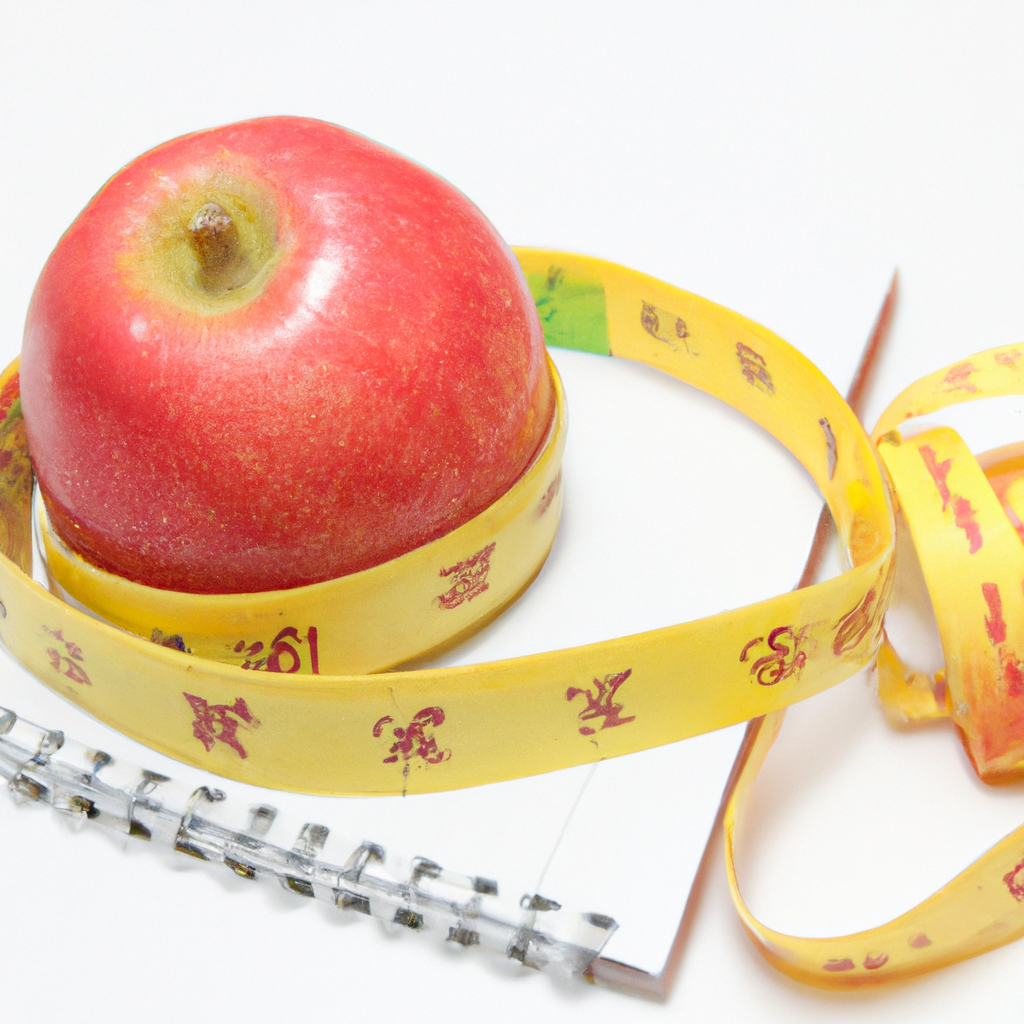1. Eat a variety of foods: This ensures you get…
1. Eat a variety of foods: This ensures you get all the nutrients your body needs.
2. Have plenty of fruits and vegetables: At least 5 portions a day. Aim for a mix of different colored fruits and vegetables.
3. Limit the intake of added sugars: Foods and drinks high in sugars increase the risk of obesity and tooth decay.
4. Aim for whole grains: Whole grain foods include oatmeal, brown rice, whole-grain bread, and whole-grain pasta.
5. Monitor your portion size: Try to avoid large portion sizes of any food, especially those high in sugar, unhealthy fats, and calories.
6. Consume lean proteins: Such as poultry, fish, beans, and legumes. Limit red and processed meats.
7. Limit sodium intake: Too much sodium can lead to high blood pressure and other health issues.
8. Stay Hydrated: Drink plenty of fluids each day. Water is the best choice.
9. Limit alcohol: If you choose to drink, do so in moderation.
Remember, these are general recommendations and dietary needs can vary based on age, sex, weight, activity level, and health status. Always consult a healthcare professional or a nutritionist before making significant changes to your diet.


